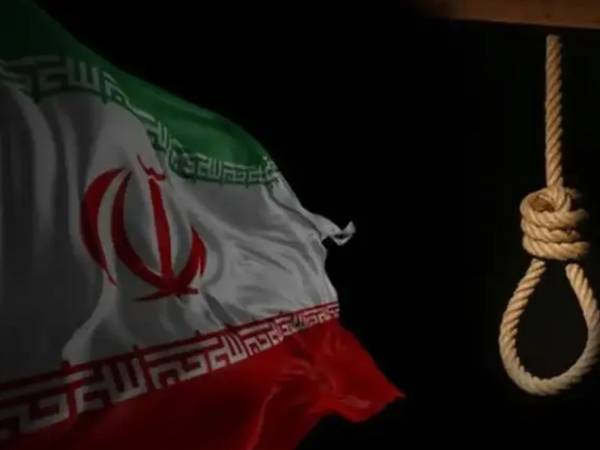Iran witnessed a stark rise in executions this year, with at least 930 death sentences carried out, according to the Washington-based Abdorrahman Boroumand Center for Human Rights in Iran.
The figure for years 2023 and 2022 were 811 and 579 respectively, which shows an alarming upward trend.
“The international community must adopt a unified, consistent, transparent and effective response to protect those targeted and hold Iran, and other countries following its example, accountable,” read the report by Boroumand center on Tuesday.
Many death sentences are drug-related and are handed and carried out with relative ease, sparking criticism from human rights organizations that suggest the rise in executions may aim to intimidate the populace amid ongoing unrest.
Prominent voices have called for urgent international action. Nobel Peace Prize laureate Narges Mohammadi, in an open letter to UN Secretary-General António Guterres, urged the global body to demand that Iran halt its mass executions as a condition for any negotiations.
The cases of individuals executed on charges of political dissent have drawn particular scrutiny.
In August, Iran executed Reza Rasaei, arrested during the 2022 Woman, Life, Freedom protests, for allegedly murdering an intelligence officer. In October, Iranian-German dual national Jamshid Sharmahd was executed following a trial Amnesty International denounced as grossly unfair.
Iran’s increasing reliance on capital punishment has been met with widespread condemnation, with human rights organizations reiterating calls for the abolition of the death penalty.
As 2024 concludes, Iran’s judicial practices remain under close scrutiny from the international community, which continues to advocate for accountability and the protection of fundamental rights.
